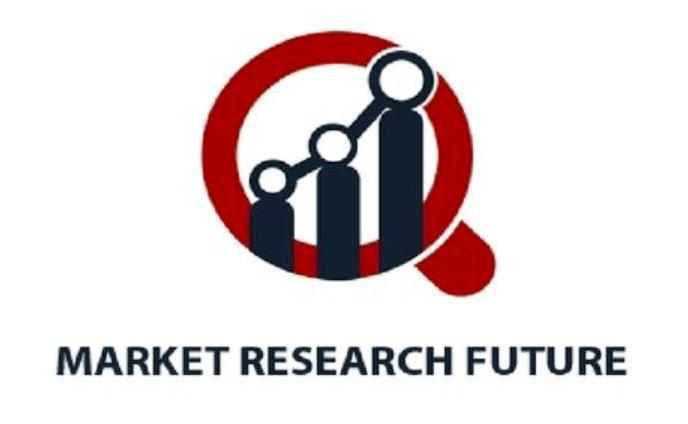-
Новости
- ИССЛЕДОВАТЬ
-
Страницы
-
Группы
-
Мероприятия
-
Reels
-
Статьи пользователей
-
Offers
-
Jobs
Data-Driven Insights in the AI Medical Imaging Market

The Artificial Intelligence (AI) in Medical Imaging Market Data emphasizes the critical role of structured and unstructured imaging datasets in training, validating, and improving AI algorithms. Large-scale datasets from hospitals, imaging centers, and research databases allow deep learning models to detect subtle abnormalities, predict disease progression, and automate routine reporting. Continuous data collection and feedback loops enhance AI accuracy over time, making these systems indispensable in modern clinical workflows. Data interoperability, integration with PACS, and real-time analytics are key features that healthcare providers prioritize to improve efficiency and patient outcomes. The Artificial Intelligence (AI) in Medical Imaging Market Data underscores how access to quality data is a core driver of AI adoption and innovation in medical imaging.
Moreover, data-driven strategies enable predictive modeling for disease detection, patient risk stratification, and operational optimization. Hospitals and imaging centers can analyze historical and real-time imaging datasets to improve decision-making, optimize resource allocation, and reduce diagnostic errors. Vendors are also focusing on data security, anonymization, and regulatory compliance to build trust among clinicians and patients. Open-source imaging datasets and AI challenge platforms encourage collaboration among developers and researchers, accelerating innovation. By leveraging high-quality data, the Artificial Intelligence (AI) in Medical Imaging Market Data demonstrates how analytics, machine learning, and continuous feedback loops create smarter, faster, and more precise diagnostic solutions.
FAQs
Q1: Why is data important in AI medical imaging?
A1: Data trains algorithms, improves accuracy, and enables predictive analytics.
Q2: How is data used to optimize workflows?
A2: Historical and real-time datasets help hospitals prioritize cases and reduce errors.
Q3: Are there security concerns with imaging data?
A3: Yes, vendors implement anonymization and compliance measures to protect patient privacy.
Q4: How does open-source data influence AI adoption?
A4: Open datasets accelerate research, collaboration, and algorithm development globally.
- Art
- Causes
- Crafts
- Dance
- Drinks
- Film
- Fitness
- Food
- Игры
- Gardening
- Health
- Главная
- Literature
- Music
- Networking
- Другое
- Party
- Religion
- Shopping
- Sports
- Theater
- Wellness


